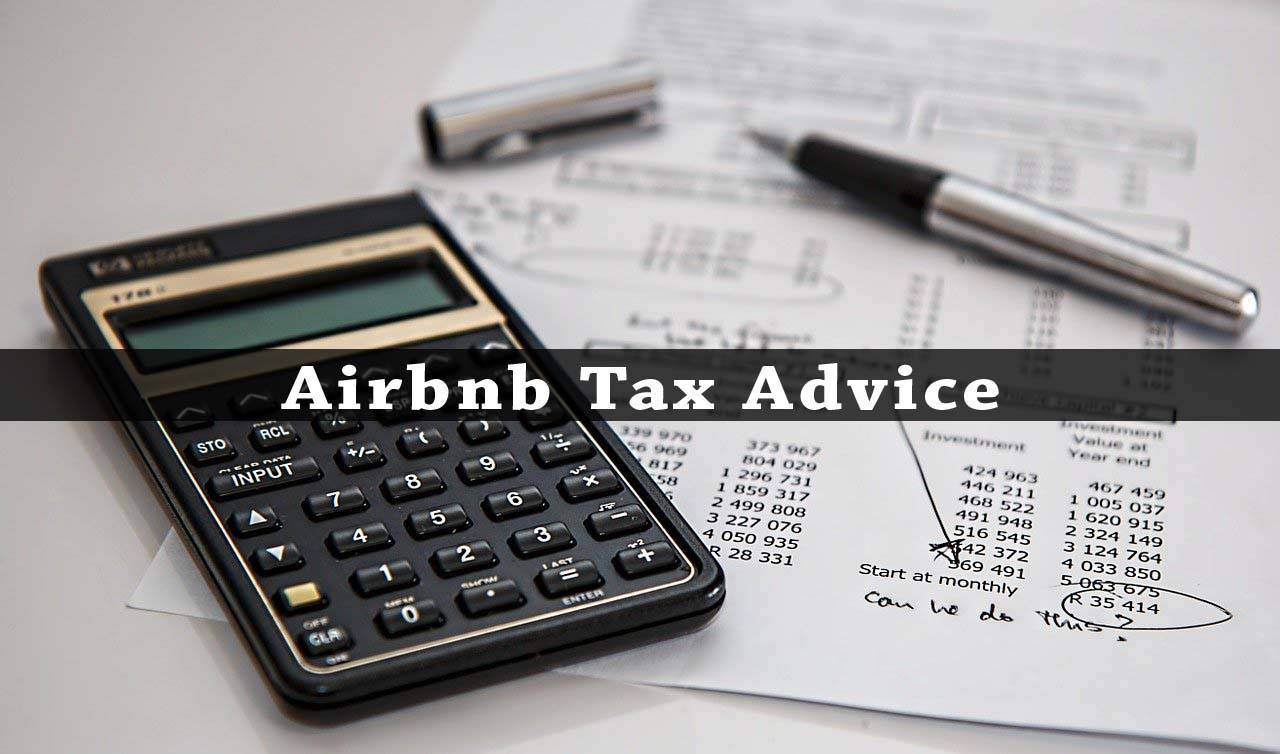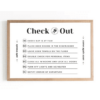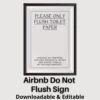
The Airbnb business sure is lucrative. Its popularity is rising by leaps and bounds for all the right reasons. Many people are turning their places into Airbnb rentals because of the decent income this platform assures. However, along with a reasonable payment, the Airbnb business also has many tax issues that you need to sort to run your rental smoothly. For some people, these tax issues can be overwhelming, and therefore they need Airbnb tax advice from experienced hosts.
There is a way to minimize your income tax deductions and even eliminate them. If you’re wondering how to read this article to the end and help save your money from tax deductions by using our Airbnb tax advice.
Airbnb Tax Advice from the Experienced Hosts
1. Follow the 14-day rule
While tax laws are full of exemptions, this 14-day ‘masters exemption’ rule is crucial for anyone to list their property or house on Airbnb as a vacation home. If you follow this rule, you don’t have to pay the income tax that you earn from Airbnb short-term rental. This rule says that you no longer will be liable to pay income tax if you.
- Give your property on rent for less than 14 days during the year.
And
- Use your vacation rental house yourself for 14 days or more during the year or 10%= of whole days you give it to others on rent.
You may think renting a place just for 14 days a year would gather no benefit. Well, if you’re willing to put your property on rent throughout the year for more regular business, then this rule, unfortunately, won’t help you. But, if you’re willing to earn some money in the peak season, you can list it on Airbnb but make sure to not welcome guests for more than 14 days. Moreover, you will have to stay at your property for more than 14 days to get an exemption from tax payment.
It doesn’t matter if you rent out one room or an entire place; the 14-day rule will be the same for you. If you have your guests for 14 days or less, you don’t even have to report your income to the taxes.
Many Airbnb hosts are cashing the peak seasons and earning decent without paying taxes by following this Airbnb tax advice.
2. Don't fret if you do get an IRS letter.
Okay, so it’s the simple rule, if you haven’t had any guests for more than 14 days in a year, you are not liable to report your annual rental income. However, vacation rental sites may sometimes report all your payment to the IRS due to reporting laws. Due to this IRS may send you a letter even if you don’t have guests over for more than 14 days.
If this happens, don’t panic, you still don’t have to report your income. All you need to do is prove to the IRS that your income qualifies for the 14-day exemption.
3. Keep your income records organized and properly managed
One essential rule to run any successful business is keeping the finances, i.e., profit and investment, recorded and collected. The same is the case with Airbnb’s short-term rental industry. If you want no issues with your tax, then follow this Airbnb tax advice and keep your income records meticulously.
If you have rented your vacation house for less than 14 days, keep a proper track record. Note down the dates and times of guests’ check-in and check-out and the number of days they have stayed. Also, record the days you have used your place personally. This will help you in dividing personal and business expenses correctly.
4. Keep a record of your invested amount.
To operate your rental business, you are entirely entitled to deduct all kinds of expenses, be it ordinary or necessary. Make a record of anything you have invested in your vacation rental, be it new towels or repainting of rooms. Even if you have bought a wine bottle for your guests, you can deduct the money from your total income.
Ensure you have all the clear records so that you don’t have to go through your credit card and bank statements to prove the invested amount to the IRS.
5. Make sure to fill out the W-9 Taxpayer Identification Number.
If you don’t provide the vacation rental sites with a W-9 form, they will without a complete 28% of your rental income. Mostly, your effective tax rate won’t exceed the 28% mark, so there’s no reason why you should let the authorities hold your all-year overall payment. Don’t neglect this Airbnb tax advice; nerve delay filling your W-9 form. After filling out your record, the rental platform will reduce your withholding percentage, and you will have complete access to your rental income.
6. Deduct the host-service or guest-service amount
There is a specific percentage fee that Airbnb and other rental listing platforms deduct in the name of guest or host service fee. This amount is deducted from the fee that guests have paid. When sending a 1099 form that reflects your total earnings to you and the IRS, these companies include this service fee.
If you have given your place to guests for more than 14 days in a year, you are entitled to deduct this service fee from the total income Airbnb and others have reported.
7. Self-employment taxes
You need to pay your self-employment taxes in addition to your income taxes if you’re self-employed.
The question is, does the short-term vacation renting business come under the self-employment clause? The answer is yes. If you’re renting your property, making bookings, and providing amenities like breakfast or coffee, then IRS may view you as self-employed in the vacation rental business.
You need to fill in these taxes if you don’t want any issues or letters coming from IRS.
8. Conclusion- Airbnb Tax Advice
Tax payment is your responsibility if your income qualifies. It is essential to pay your taxes on time To run your rental business. You cannot just get an exemption from taxes, but you can lower your tax amount with specific strategies.
Please also read my post – Airbnb Frequently Asked Questions- Answering Most Asked Guest Queries.








